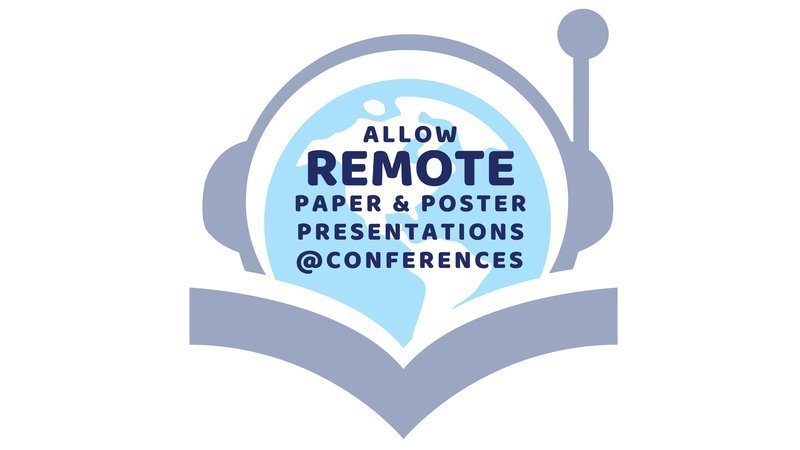I often write comments and posts on social media but these tend to be only temporarily visible, so I thought I needed a place to couch some of my thoughts that would be more permanent and easier to find. This blog is intended to cover both research questions and broader questions — often about our society — which occupy my thoughts.
My first passion is about understanding intelligence, the artificial ones we are in the process of building, and the natural ones as well, because I believe that there are fairly generic principles which explain our intelligence and will allow us to build machines at least as intelligent as us one day. If we don’t self-destruct in the meantime.
What do I mean and why would we self-destruct? I mean that our society is built on fragile foundations, and most importantly that we are constructing and using tools we invented without the sufficient wisdom required to deploy them in a way that captures well the consequences of our actions. I believe that our current political-social-economic structures are not appropriate to manage the increased power which science and technology is putting in our hands, endangering the natural equilibrium of this planet on which we rest to continue thriving, as a species. That is what I mean by self-destruct. I have the impression that collectively we are like children playing with nuclear bombs. What is at stake is the well-being (or misery) of billions of human beings, not to mention an even larger number of other lives on this planet.
That is why I have decided to devote some of my energy to thinking about the climate crisis, because I believe it is one of the most serious threats to humanity and the planet that our generation and coming generations will have to deal with. I intend to talk more later about the specific research efforts which are being undertaken to take advantage of the advances in machine learning to help tackle climate change (in the meantime, check this paper).
But here I want to also point out our individual and collective responsibility — as scientists and scholars — as generators of greenhouse gases through the conferences and workshops we keep organizing all around the planet. It’s great and it is important to have these meetings which bring minds from all over the world to exchange, brainstorm, build on top of each other’s ideas, educate each other. But the carbon footprint associated with all the associated air travel is by far the greatest source of greenhouse gases deriving from us as individuals, because of our job as scientists and scholars. That is why a few of us in the machine learning scientific community crafted the petition you find below, urging us to change the way we organize conferences towards minimizing air travel so as to reduce our carbon footprint. Please share with your colleagues!
Beyond allowing remote presentations at workshops and conferences, I believe we should rethink these events with the objective of eliminating the resulting carbon footprint. In the short term and until we manage to bring the greenhouse gases near zero, conference organizers should buy offsets or allowances (e.g. on the Quebec or California cap-and-trade exchange). We should also start experimenting with alternative models for achieving the needs which current conferences satisfy. At one end of the spectrum, we could imagine all-remote meetings where everyone stays at home, but we might completely lose the social aspects and accessibility in-person to other researchers which conferences provide — at least until virtual reality catches up sufficiently. Another model is based on decentralized conferences. Instead of having one major conference at one location, we could have local meeting places around the planet (at least one in each continent), so that most people would somehow attend their local meeting. These meetings would be also connected to each other using electronic means but at least some of the in-person socialization would be preserved. To keep the quality and the experience strong on all sites, of course the reviewing process would be centralized (because no travel is necessary for that), and we could dispatch oral presenters (or at least the best oral papers) around the planet, to make the experience of listening to talks of equal quality across all the sites. Existing web tools for asking questions remotely could be used. For poster sessions, many alternative models are possible, but a low-tech solution would use a short video presentation (which some conferences already ask of authors) accessible at any time from anywhere, along with chat sessions at specific times where anyone around the planet can ask questions to the authors (minding the issues of time zones which complicate matters).
These are just initial thoughts, see also this article, and I’m sure other people will have better and varied ideas, so we will need to experiment in the next few years, in this domain as well as in many others where we have to accept that business-as-usual is just not possible anymore. Many people are coming to these conclusions and pledging to travel less, see this article. Such pledges would force the hands of conference organizers to rethink these events. So there are things we can do as individuals as well as through our responsibilities when we do organize events. Let’s get going!

Comments are closed, but trackbacks and pingbacks are open.